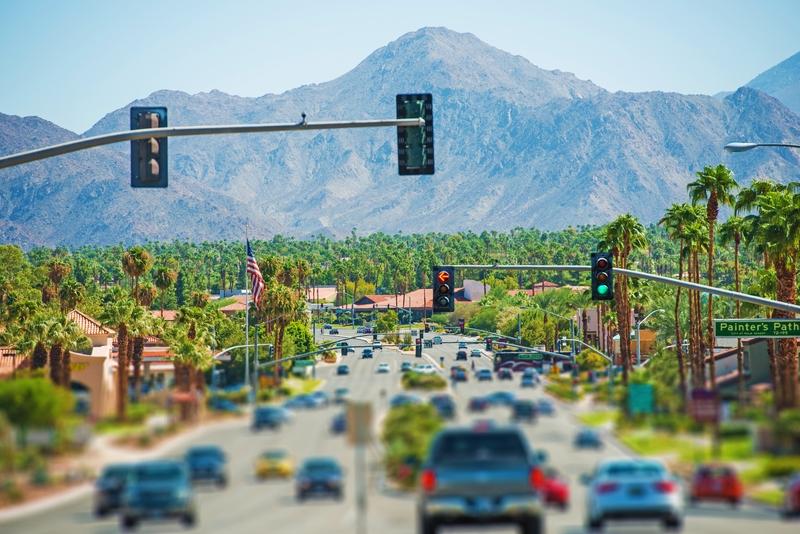Once fully implemented, it is expected to net $16 million annually in energy cost savings and another $13 million in savings on operations and maintenance expenses by 2025.
The plan is part of a commitment by Metro to invest $65m from its capital budget by 2025 in energy efficiency technology, modernise operations and reduce operating costs.
Paul J. Wiedefeld, Metro general manager and chief executive officer, says: “Together with our riders, we are making the right choice for the environment by changing the way we do business through reduced consumption and efficiencies that will generate long-term cost savings."
The programme includes:
- A Potomac Yard Station designed to be an LEED Certified transit station in the US.
- A new HQ, located near L'Enfant Plaza, will be designed to LEED platinum standards, the highest level of energy efficiency and green building.
- An electric bus deployment strategy to pilot and evaluate the use of electric buses in the fleet.
As part of the project, Metro has also launched a sustainability calculator on the Trip Planner at %$Linker:
Metro says its regenerative braking systems on Metro railcars reduces costs by recovering energy from trains as they decelerate and feeding it back into the traction power system. Also, the net-zero water treatment facility in Largo uses gravity-fed treatment tanks and solar panels to provide the energy necessary to treat water from the tunnels and safely return it to the environment, the company adds.





